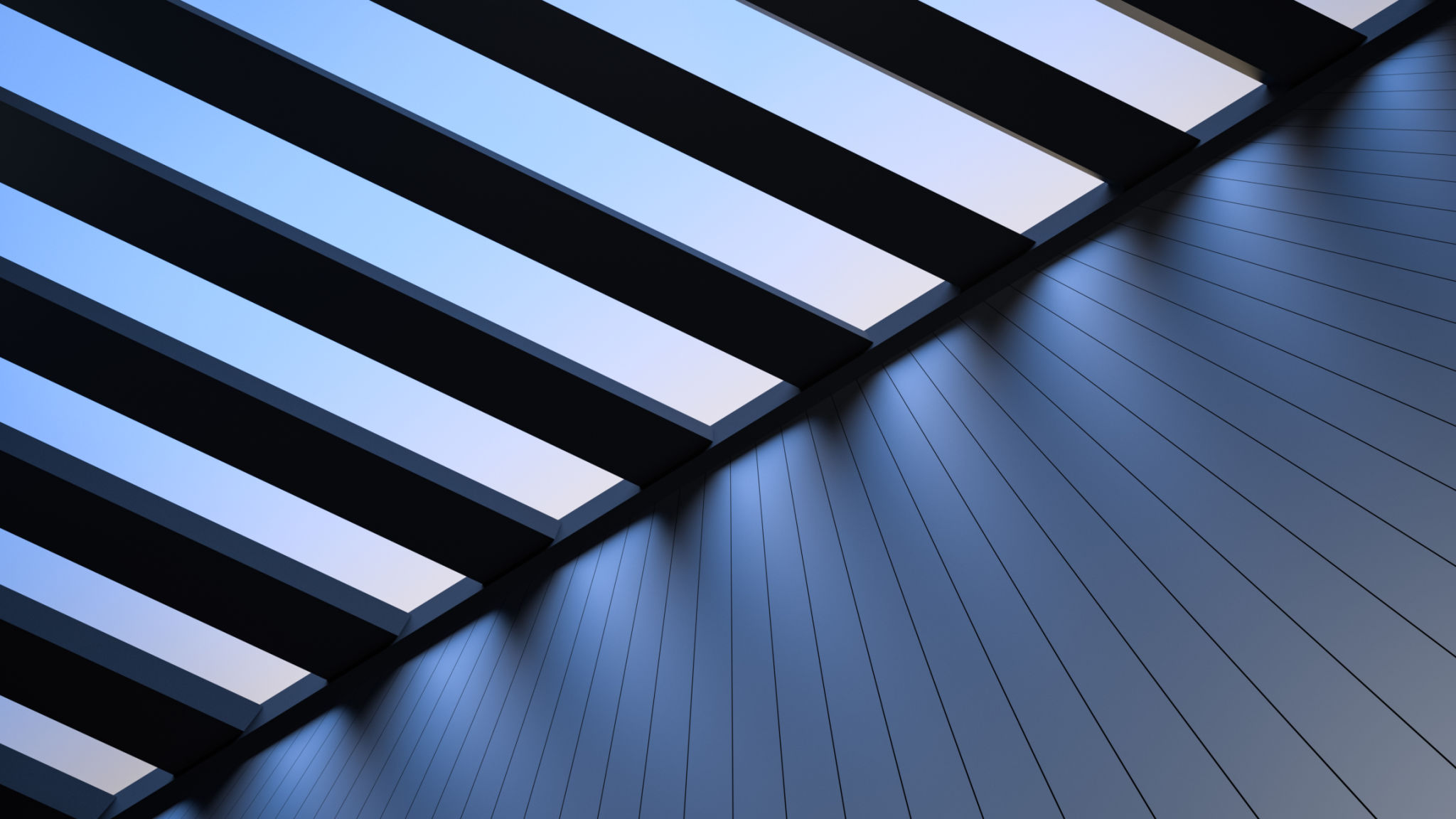Comparing Building Materials: Brick vs. Concrete in Chennai
Introduction to Building Materials in Chennai
Chennai, a bustling metropolis in India, is witnessing rapid urbanization and growth. As the city expands, the choice of building materials becomes crucial for architects, builders, and homeowners alike. Among the most popular options are brick and concrete, each with its own set of advantages and disadvantages. Understanding these materials' properties and suitability can significantly impact the durability, aesthetics, and cost of construction projects.

Brick: A Traditional Choice
Brick has been used as a building material for centuries. Known for its timeless appeal and natural look, brick offers several benefits. It provides excellent thermal insulation, helping to keep buildings cooler in Chennai’s hot climate. Additionally, brick is highly durable and can withstand harsh weather conditions when properly maintained.
Advantages of Brick
- Aesthetic Appeal: Brick adds a classic and elegant touch to any structure.
- Thermal Properties: It helps in maintaining a comfortable indoor temperature.
- Fire Resistance: Brick is non-combustible, adding an extra layer of safety.
Limitations of Brick
Despite its advantages, brick has some downsides. The construction process can be labor-intensive and time-consuming, leading to higher labor costs. Additionally, sourcing high-quality bricks can sometimes be a challenge in urban areas like Chennai.

Concrete: The Modern Alternative
Concrete is another popular choice for modern constructions in Chennai. Known for its strength and versatility, concrete is used in a variety of applications from residential buildings to skyscrapers. Its adaptability allows for innovative architectural designs that can cater to contemporary styles and functional needs.
Advantages of Concrete
- Strength and Durability: Concrete structures are known for their long-lasting performance.
- Versatility: Concrete can be molded into various shapes and sizes to suit different design requirements.
- Availability: It is readily available and often more affordable than alternative materials.

Limitations of Concrete
While concrete offers many benefits, it also has limitations. Its production process has a significant environmental impact due to high carbon emissions. Furthermore, concrete structures may require insulation solutions to improve thermal efficiency, especially in Chennai’s hot climate.
Comparing Costs and Sustainability
The choice between brick and concrete also comes down to cost-effectiveness and sustainability. Brick tends to be more expensive due to higher labor costs, while concrete might offer savings in large-scale projects due to its ease of use and rapid construction times. However, sustainability is a growing concern for both materials. Brick production involves kiln firing, which consumes energy, while concrete manufacturing is linked to CO2 emissions.
Conclusion: Making the Right Choice
When choosing between brick and concrete in Chennai, it's essential to consider both the practical and aesthetic aspects. Brick offers a classic look with benefits like thermal insulation but at a higher cost. On the other hand, concrete provides strength and versatility with potential environmental trade-offs. Ultimately, the decision should align with the project's specific needs, budget, and sustainability goals.

